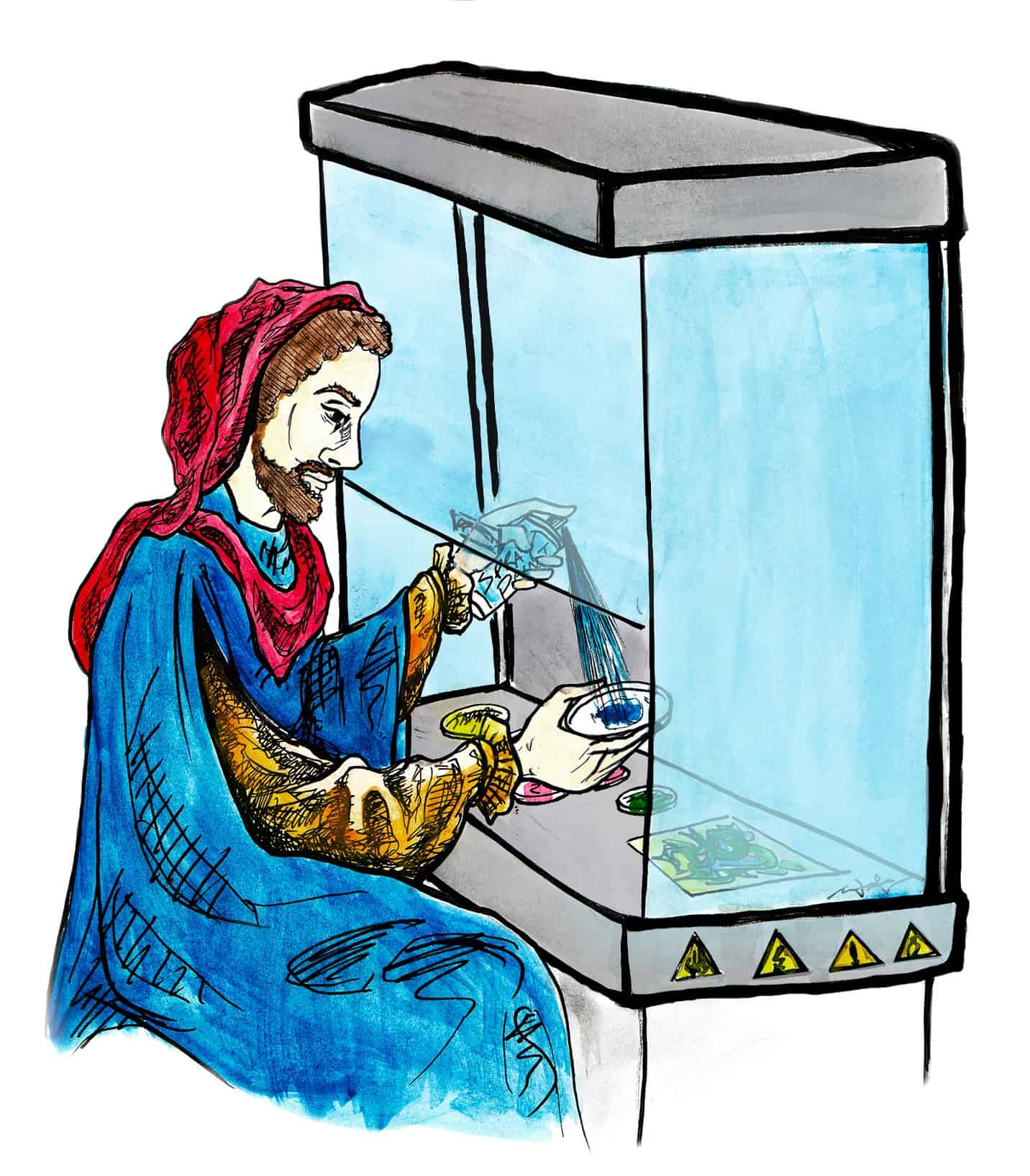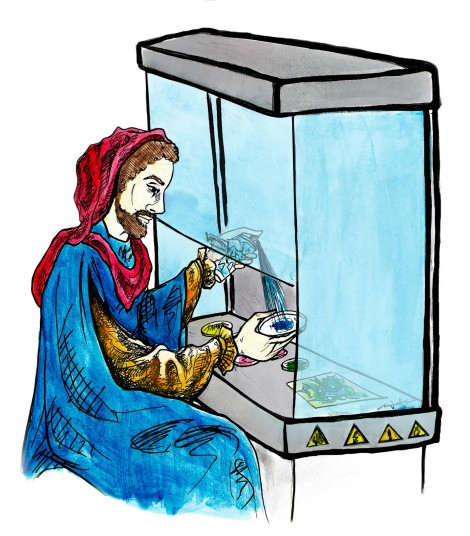The not-so-secret pride and joy of the University of Toronto is research. Undergraduate students express frustration over the prioritization of graduate and professional programs where high-profile research is conducted that earns the university its prestige. Many undergrads sit in overcrowded lecture halls and receive few opportunities to talk in class and truly engage with their studies. Certain programs exist at the undergrad level to mitigate the problematically impersonal nature of this massive, research-based system, including the Research Opportunity Program (ROP).
The ROP seeks to invite exclusively second-year students to participate in research. Accepted applicants work one-on-one with professors, serving as assistants and receiving course credit. The program largely consists of projects in the sciences, allowing students to work in labs in collaboration with professors. However, there are also a small number of lesser known ROPs in the humanities.
“We’re trying to provide an early dip into research,” explains director of the program and associate dean of undergraduate academic programs Anne-Marie Brousseau. “This is obvious for science students. They’re expecting to do research and for them, the sooner, the better, but a lot less in the humanities. Especially this year, I tried to give a sense that we’d like to see more projects in the humanities.”
Brousseau believes that research opportunities provide universal skills and benefits in spite of one’s field of study. “The process and the way you answer questions would transfer easily from arts to psychology to chemistry. It’s the same way of thinking, the same way of approaching problems or devising research questions. The other side of it is to get students to get a kind of privileged relationship with an instructor.”
Her hope is to encourage professors in the arts to consider doing ROPs by bolstering awareness of the program.
“I would like to see more [arts ROPs]. And I’m trying to get more. But it has to do with the culture of these fields where … many researchers are not used to working with teams and assistants, and they have a hard time devising a project that would be appropriate for second-year students… So one thing I’m planning to do is to put together instructors who have supervised 299 and invite people so they can share what it kind of looks like… In literature, for instance, many researchers don’t imagine themselves in the context of a research team so I would like to work on changing this mentality a little bit.”
Professor Andrew Hughes of the Centre for Medieval Studies was among the arts professors who conducted ROPs this year. Although he is an advocate of arts ROPs, he expressed skepticism about whether the university would provide funding for increased opportunities for humanities research. “There are way more opportunities for arts ROPs, but of course the number of grants humanities get is miniscule, and that is undoubtedly bound to contribute to how many people are researching.”
U of T is, rather explicitly, a research university. The ROP allows some of that research to trickle down to undergrad students seeking the ability to break out of large classrooms and “get their hands dirty,” as Brousseau suggests. Arts students are entitled to the same opportunities to research as students in other fields and are just as capable of both providing assistance to instructors and benefiting from the experience. Brousseau asserts, “To take an active role in the development in knowledge … has long-lasting effects on any student. In terms of confidence, in terms of understanding how you think and taking control of your learning … it’s easier to do that when you’ve done research.”
By the numbers
154
students in the Research Opportunity Program in 2010–2011
1–2
students in a typical ROP
2
Arts ROPs being offered for summer 2012, as well as 10 in the sciences and social sciences
4
Arts ROPs for 2012–2013 fall and winter, as well as 14 in the sciences and social sciences
What you can study
Graffiti in Ancient Athens
Abi Ferstman participated in a classics ROP, where she chose to study the role of graffiti in ancient Athens. She expressed how the professor was very open to what she wanted to focus on within the field and that she was given the freedom to choose something that really caught her eye. She gushes, “I really enjoyed this ROP. The professor was extremely helpful in providing me with books for research, and he told me where to look. I now know so much more about researching for studies in the humanities. This kind of experience is not something you can get in regular undergrad courses, as it is super specific. It’s the kind of research that you would do as a grad student or prof, and it really inspired me for the future.”
Medieval and liturgical manuscripts
Cylita Guy’s medieval studies project is about researching and dating different medieval and liturgical manuscripts. “It was an amazing experience doing this project with my supervisor, Professor Hughes, because of the one-on-one time,” she explains. “I would take his ideas and explore different avenues. It was great to have someone to bounce ideas off of and to work in conjunction with to create a final project. It also gave me a great sense of independence to take charge of the project. It has really inspired me for the future.” Cylita also found her ROP beneficial as her degree is in science, so it was particularly interesting for her to pursue a different area of study and to hone her writing skills.
Zubeir Khan
Zubeir Khan’s project is a religion ROP examining the significance of invoking blessings on the Prophet Muhammad and the implications of this on Muslim piety. He is very independent on this project, keeping in touch with his professor through email, where he hands in weekly submissions for evaluation. Zubeir comments, “I am actually a science student, but I am really interested in religion. This project was definitely an eye opener and it allowed me to pursue something other than the science I was interested in. I have a passion for my religion and I was able to follow it through doing this ROP.”
Jeremy Matos-Modell and Yadesha Satheaswaran
Jeremy Matos-Modell and Yadesha Satheaswaran are both involved in a history ROP that focuses on exiles and expulsion of religious refugees in the early modern world. The team of 13 students, an unusually large group, were split into smaller groups for the beginning of the projects, and the students are now working individually. Jeremy’s specific topic is Jewish exiles, while Yadesha is researching the exile of Muslims from Spain. Yadesha found the experience unique. “I didn’t have any sense of what historical research would be like, as I am an anthropology student. It was very different but was definitely a great learning experience about how historians do their research.” Jeremy, a history specialist, describes the ROP as “a very enjoyable experience.” He adds, “It had a detective-like feel with all of the primary documents and was a great learning experience.”



